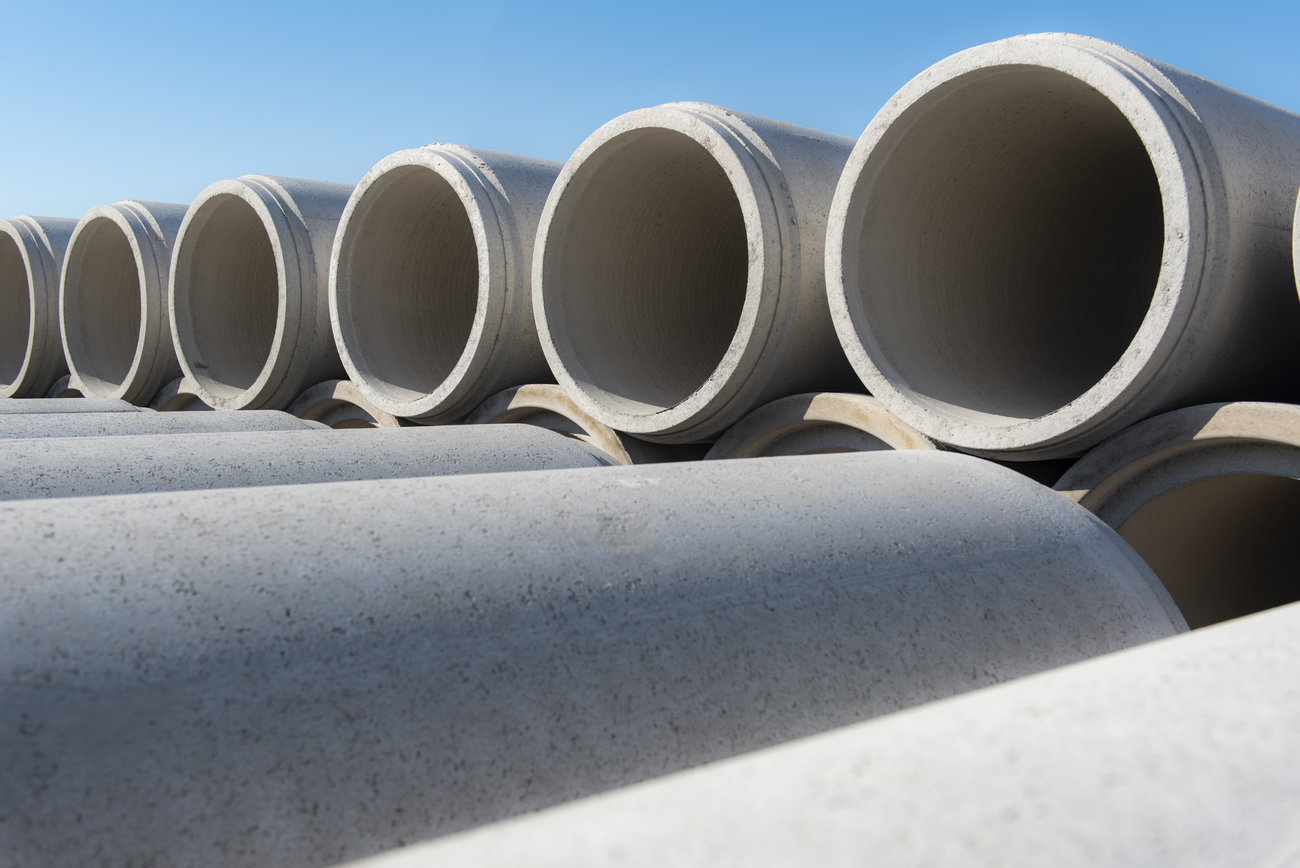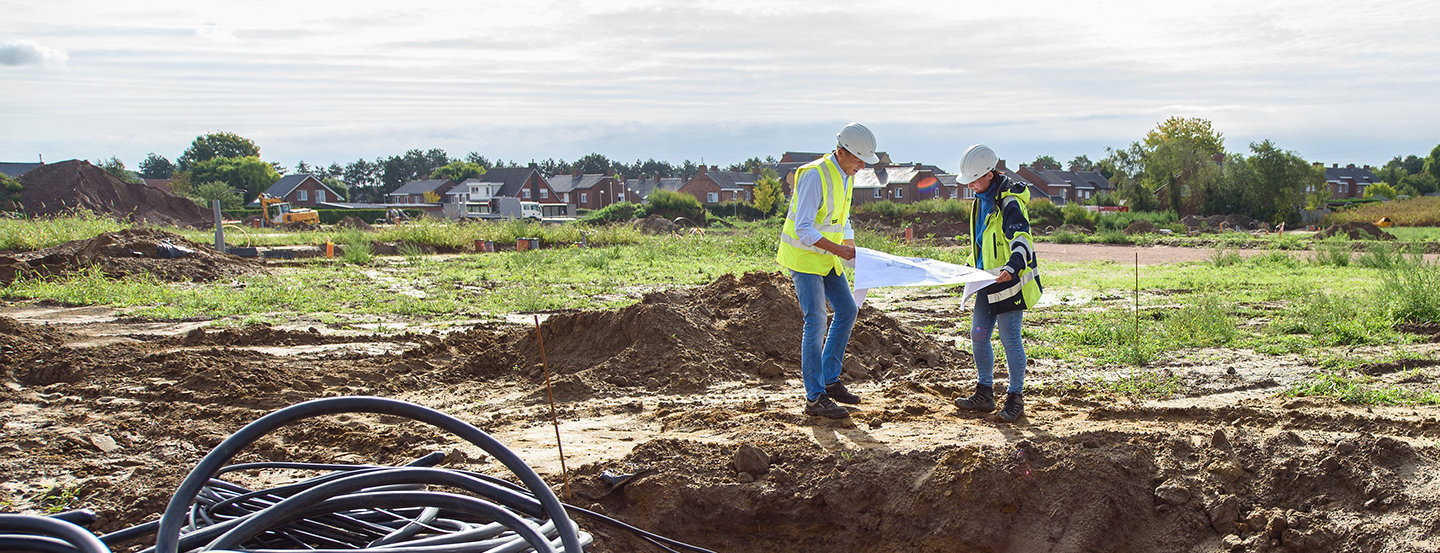
Looking after networks
Fluvius is a grid company. We build public grids for electricity, natural gas, public lighting, sewerage, cable television, telecoms and heat. We then give our customers access to these public grids. And finally, we provide services around these utilities day and night. The focus is on reliability and affordability.
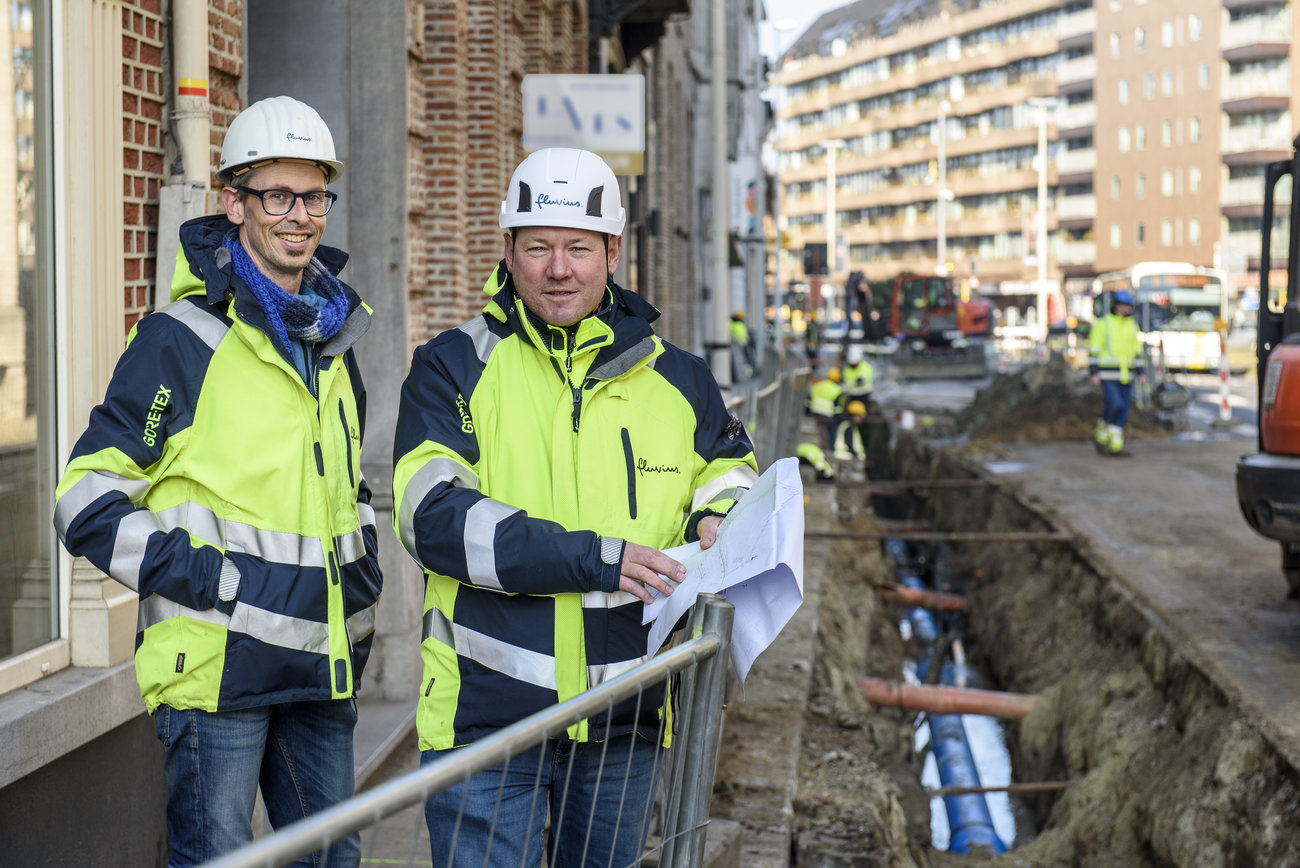
Two ambitions: reliable and affordable
- Reliable
Low- and medium-voltage interruptions meant that a Fluvius low-voltage customer was cut off from electricity supply for an average of 22 minutes and 29 seconds in 2022. This puts Flanders among the absolute best-in-class in Europe. This is how we contribute to the comfort of our customers. - Decrease in distribution-network tariffs
These tariffs determine how much revenue the Flemish network operators receive. The Flemish regulator VREG sets these tariffs according to its tariff methodology. The so-called 'allowed income' for the network operators fell by 20% in 2022 for electricity compared to the previous year, and by 6% for natural gas. This is partly thanks to some government decisions around- the sale of green certificates
- the way public service obligations are billed and
- the transformation of some federal surcharges into a special excise duty.
For households with average consumption, distribution network tariffs fell by 87 euro for electricity (incl. transmission) and 18 euro for natural gas in 2022. For companies, a similar evolution can be seen. As always, the actual situation varies from one distribution system operator to another.
Additional efforts for energy and climate transition
The energy and climate transition is thundering inexorably forward and Fluvius is committed to supporting it to the maximum extent possible. On 8 June 2022, we submitted a detailed investment plan with measures to be taken between 2023 and 2032. On 13 June 2022, Fluvius also established a new Energy and Climate Transition Department. A dedicated team is coordinating the impact of the energy transition and climate adaptation on our business activities, so that we can more quickly prepare public utilities for tomorrow's societal expectations.
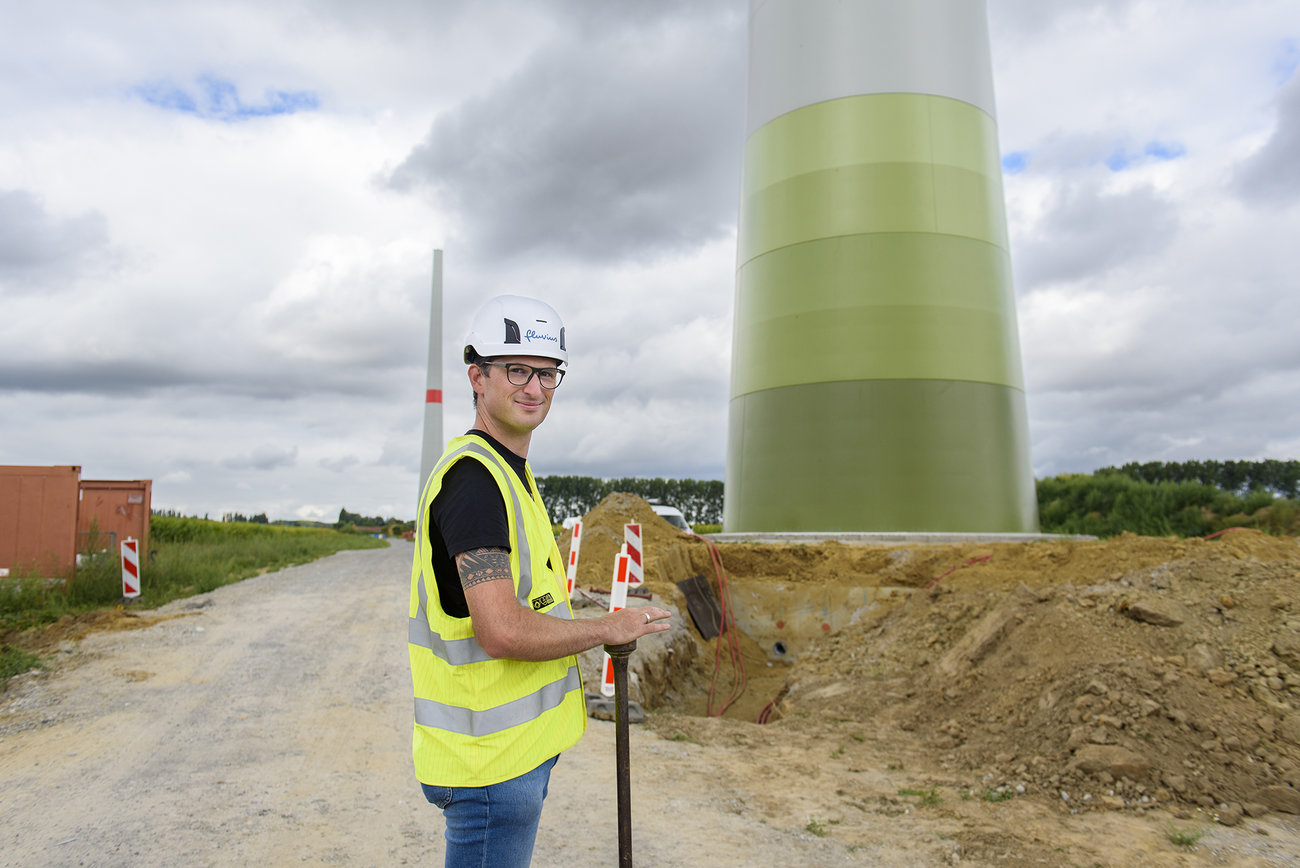
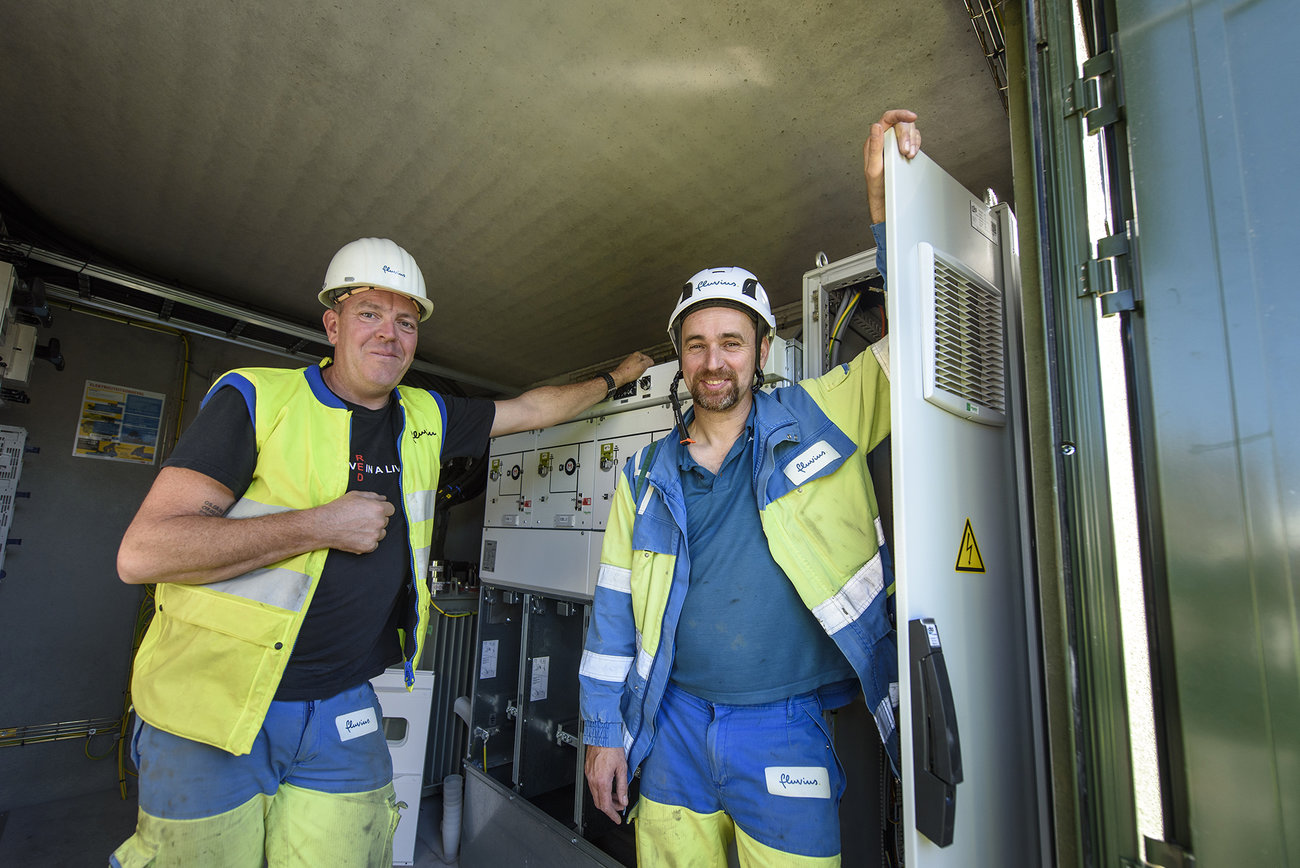
Smart network management
We continue to invest in technically advanced ways to monitor our grids in 'real time' and control them as flexibly as possible. Such a system will allow us to accommodate much more green energy on our existing grids, keep our grid reliability high and avoid some heavy grid investments. This digitisation is crucial for the energy transition.
At the end of 2021, we already completed the roll-out of the Distribution Management System (DMS), our central smart grid management system for the whole of Flanders. From there, we can already monitor and control our entire medium-voltage grid today.
But we want to be able to respond well to the energy transition, and the related rising electricity consumption and increasing injection. That is why we are also making all new distribution and customer cabins readable and controllable via our DMS as standard. At the end of 2022, we installed our 500th 'digital substation' in Viane, a borough of Geraardsbergen.
Local production on the rise
Although Fluvius is not responsible for electricity production, we play a crucial role in the transition to more sustainable, low-carbon energy. More precisely, we provide the connection of decentralised (= local), often renewable energy sources. Moreover, we distribute the generated electricity through our grids.
The locally installed capacity on our grids is systematically increasing. In 2022, 55 on-shore wind turbines were added and by the end of 2022 we reached 700,000 PV installations in Flanders.
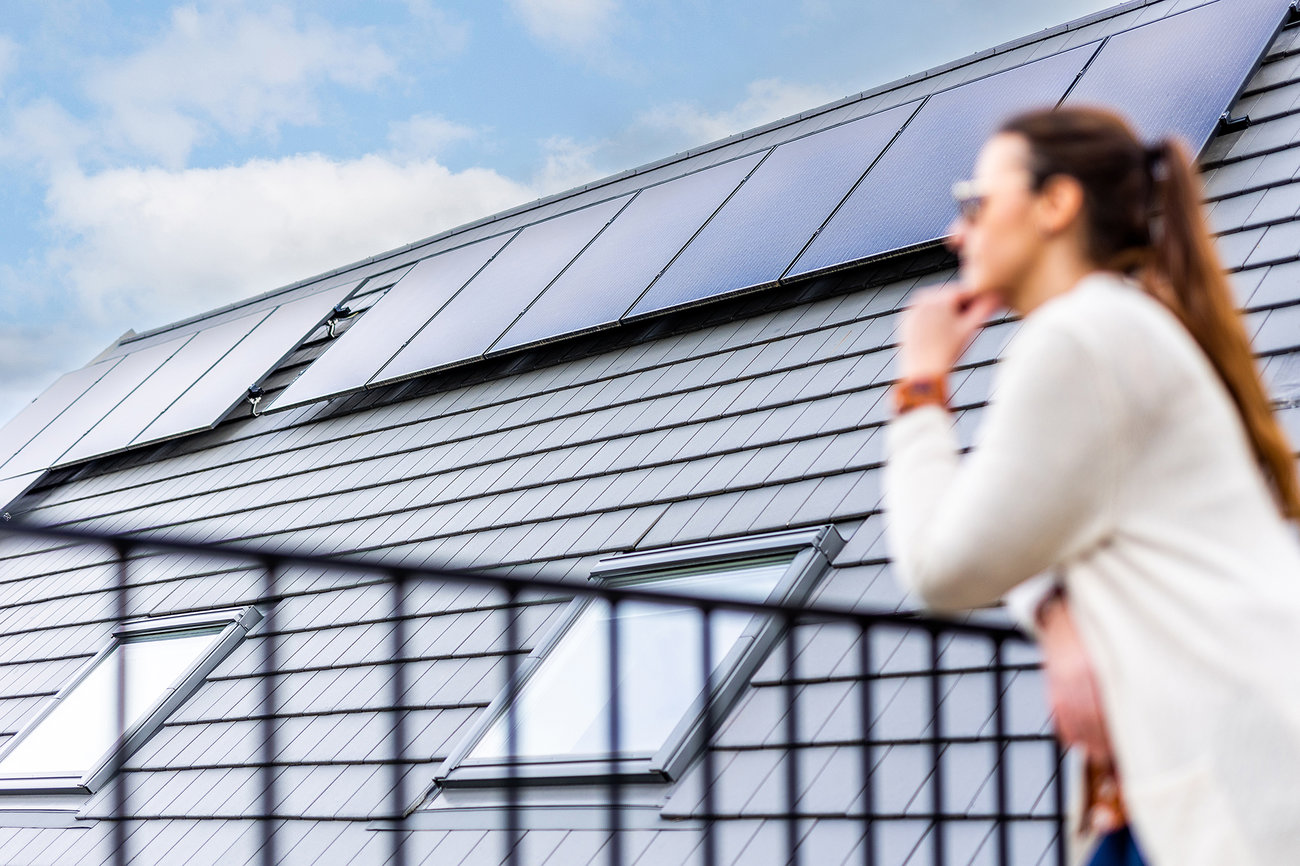
Installed decentralised capacity 2021 - 2022
| Installed decentralised capacity | % 2021 |
kW 2021 |
% 2022 |
kW 2022 |
|---|---|---|---|---|
| Solar panels ≤ 10 kVA | 38.4 |
2 668 016 |
39.9 |
3 155 303 |
| Solar panels > 10 kVA | 21.7 |
1 504 499 |
20.0 |
1 580 097 |
| Wind turbines | 18.6 |
1 291 327 |
18.7 |
1 476 472 |
| Combined heat and power (CHP) | 14.3 |
991 146 |
14.2 |
1 124 725 |
| Bio-CHP | 3.6 |
252 994 |
3.3 |
259 832 |
| Biomass | 1.5 |
105 687 |
1.4 |
114 397 |
| Other | 1.8 |
126 554 |
2.6 |
202 319 |
| Total | 100 |
6 940 222 |
100 |
7 913 145 |
Notable network projects of Fluvius in 2022
Fluvius records more than 4 000 incidents after passage of storms Eunice and Franklin
Across Flanders, Fluvius recorded 3,600 sites with localised power outages and almost 500 more cases of cable distribution breakage. Fluvius deployed more than 500 technicians, dispatchers and contractors around the clock that whole weekend.

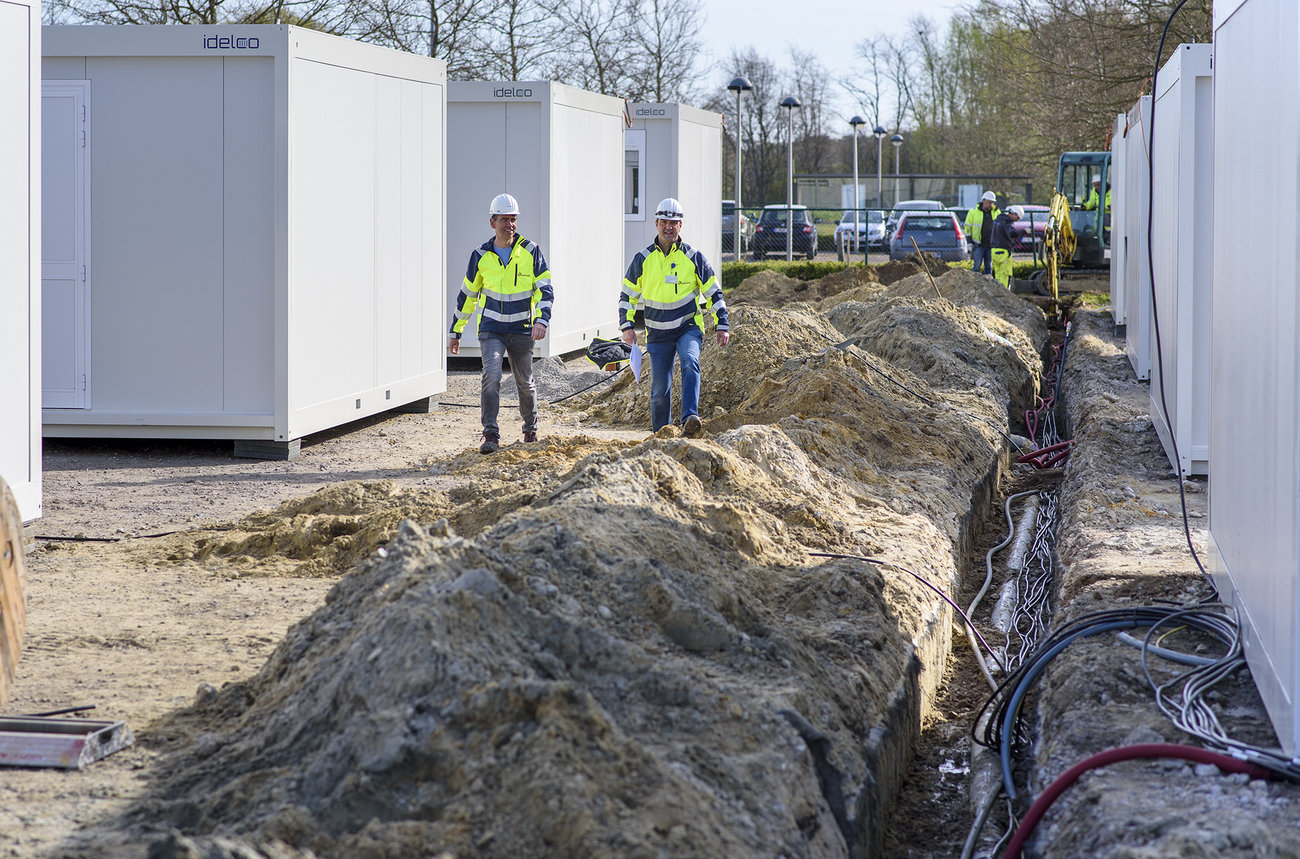
Emergency connection for emergency villages in Mechelen and Antwerp
The first step in establishing emergency villages for Ukrainian refugees is the construction of utilities. Fluvius pulled out all the stops to quickly establish electricity connections for the villages.
Fluvius makes Hageland ready for energy transition
A new switching station in Bekkevoort reinforced the local power grid, with a view to increasing the receiving capacity for renewable energy on the grid.
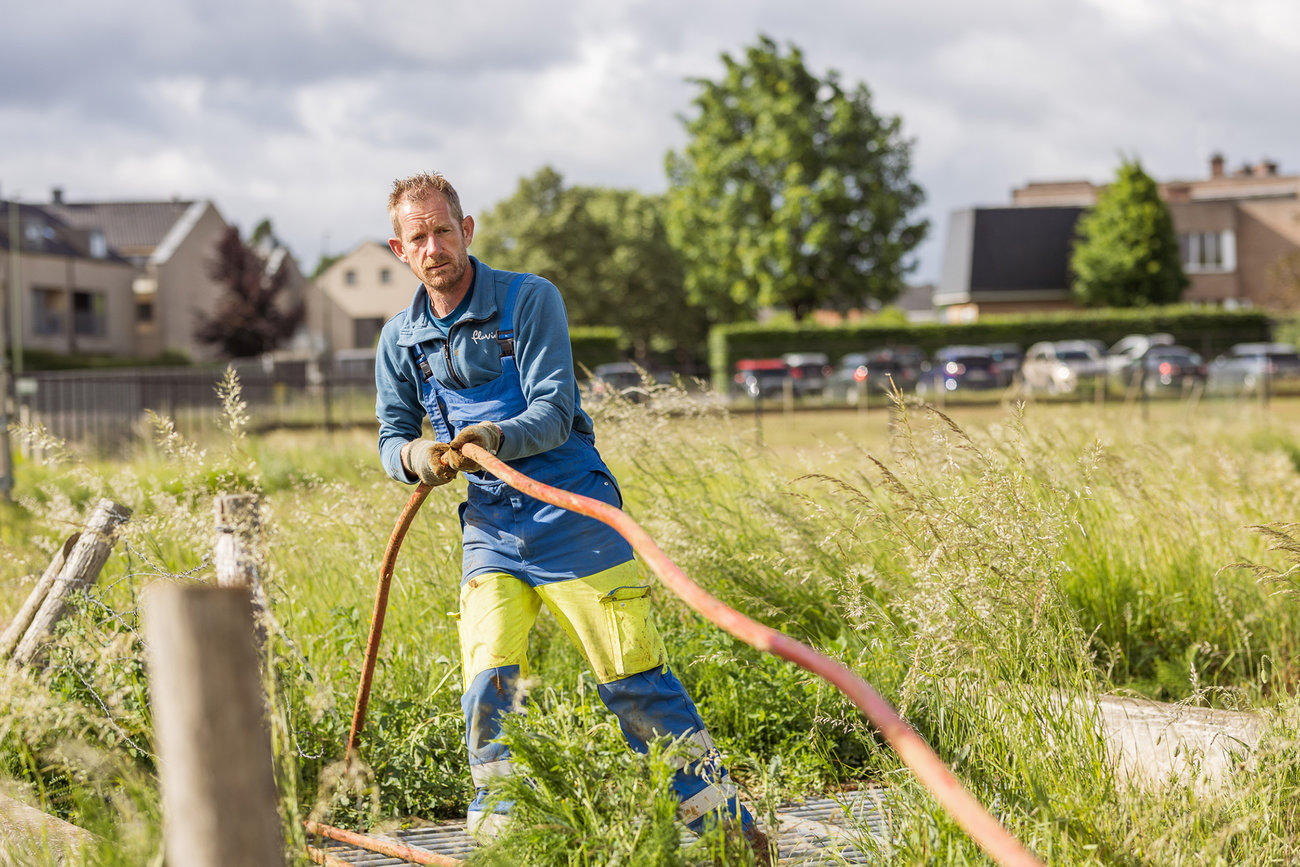
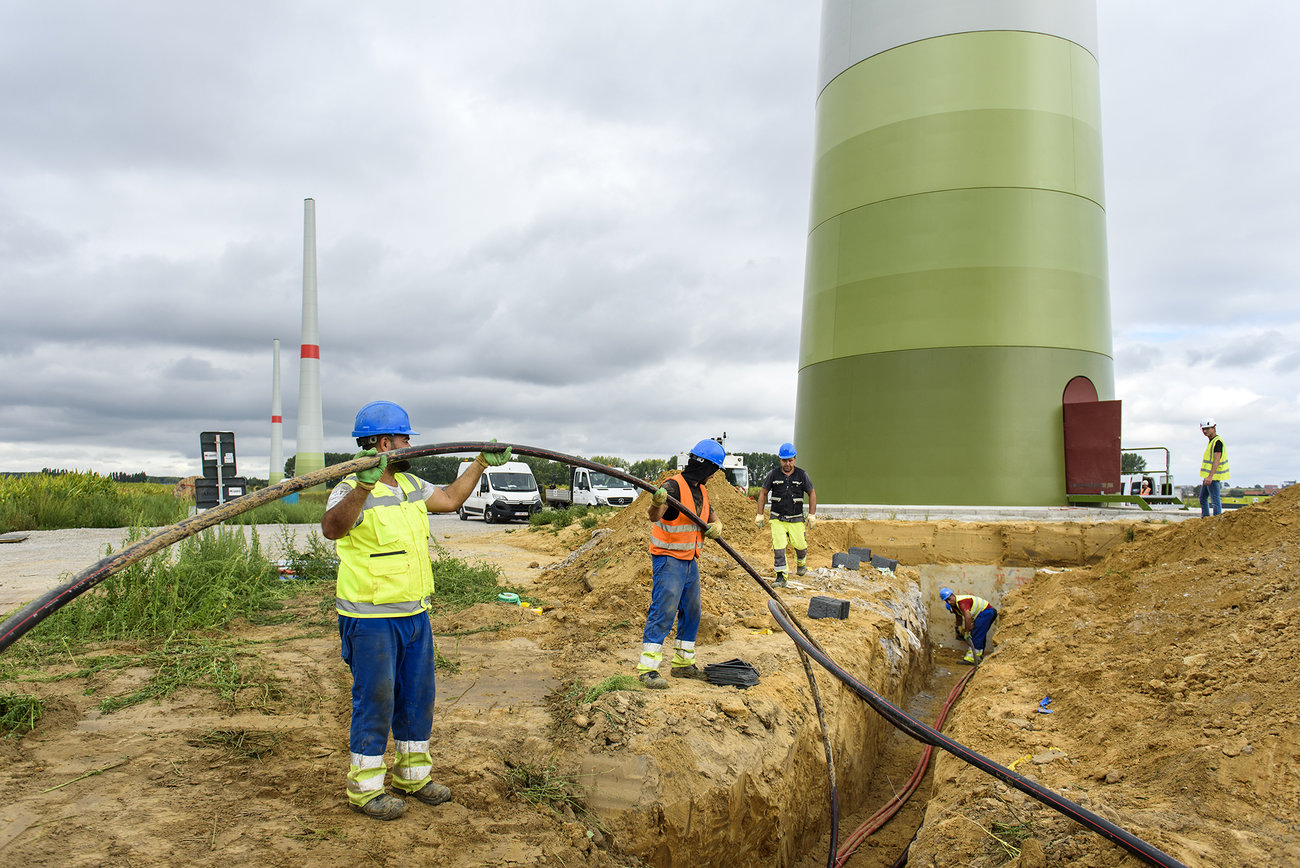
Fluvius connects three new Wervik wind turbines to the grid
The connection was an important step in the realisation of the 108-metre-high turbines. They have been providing green power to over 5,000 families since autumn 2022.
Fluvius completes installation for injection of green gas at Verko
A new plant of waste-processing company Verko ferments vegetable, fruit and garden (VFG) waste. Since summer 2022, Verko has been injecting green gas (biomethane), generated from GFT waste, into the Fluvius gas grid and using it as fuel for refuse trucks.

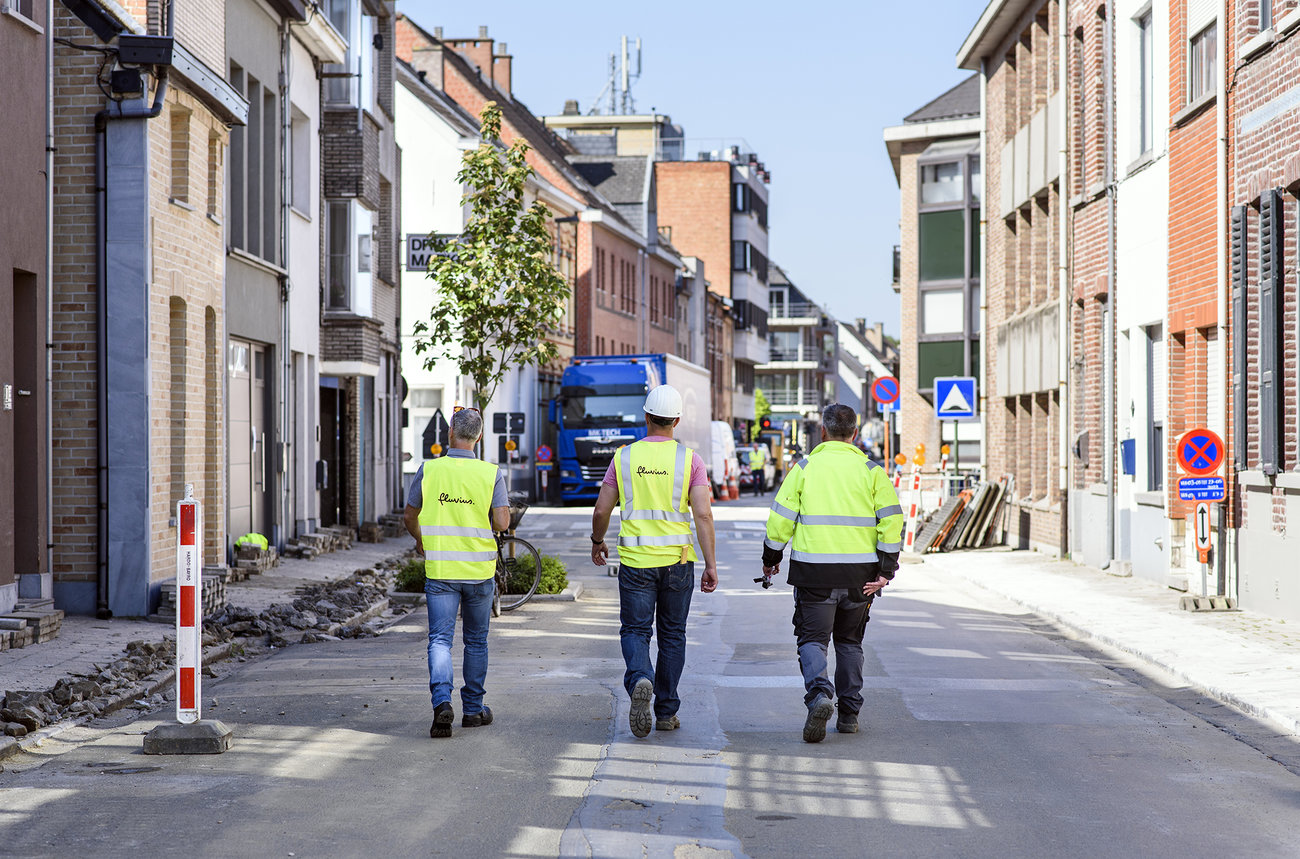
Fluvius combines business connections with major grid reinforcement for Aalst and surrounding areas
In combination with works for some large business connections, Fluvius simultaneously renewed and reinforced the existing electricity grid for the residents of Aalst and the surrounding area. This win-win operation in preparation for the energy transition simultaneously resulted in less disruption due to the bundled approach.
Electricity grid Fluvius goes underground: biggest catch-up for Diksmuide
Over the past few years, Fluvius has brought 35 km of medium-voltage power lines underground, of which almost 20 km in Diksmuide. This is a major step forward in a long-term project to make overhead power grids less vulnerable and ensure reliability in the region.
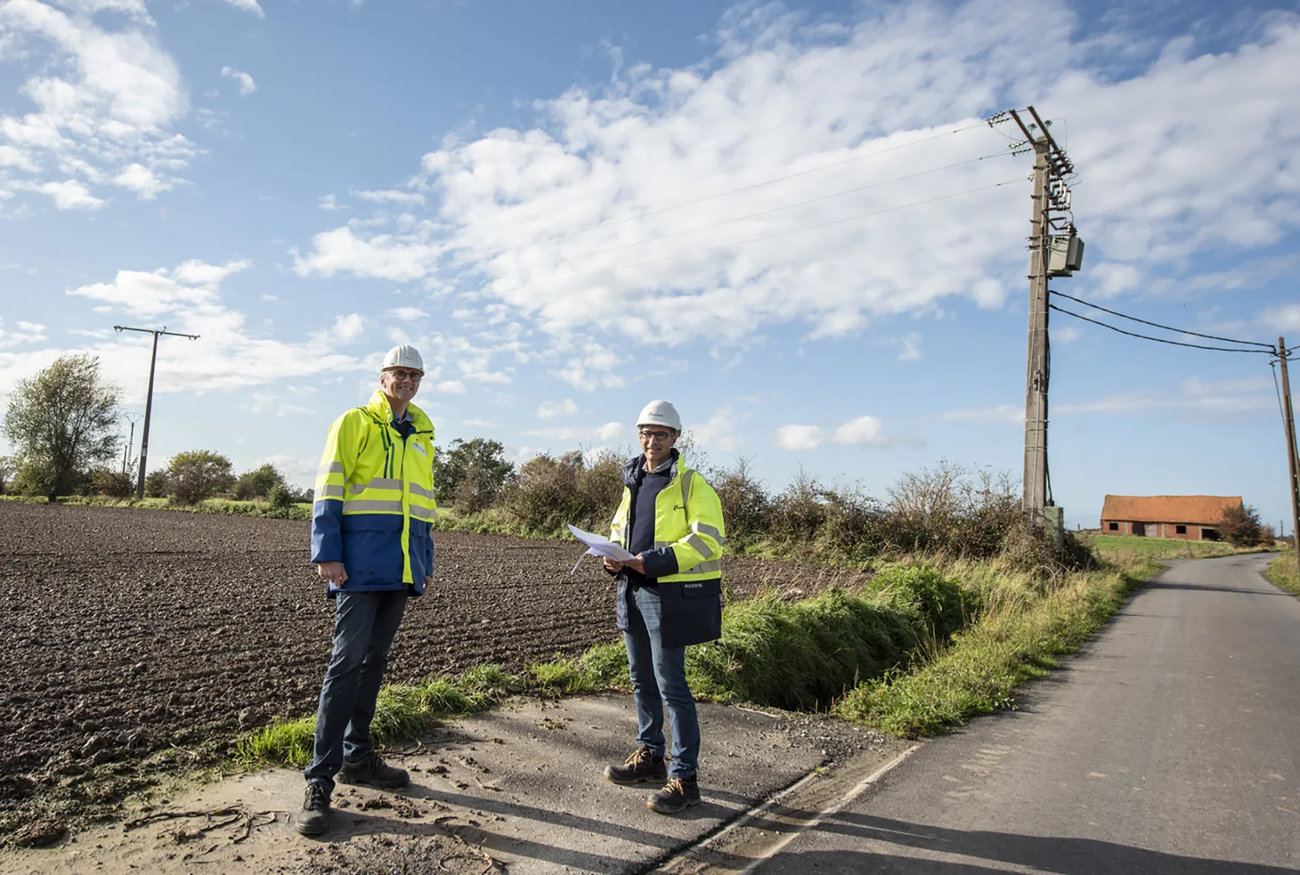
District heating networks: on the rise
More and more local governments are using heat as an energy source. Thus, by the end of 2022, we counted more than 67.9 km of heat networks in 15 Flemish municipalities, to which 2,123 customers are connected. The number of heat projects also increased. As heat is also part of our multi-utility vision, we take care of the construction and operation of heat networks
Role of Fluvius: heat networks on public domain
We are fully committed to maximising the realisation of the available potential for district heating networks in Flanders. We propose to regulate the construction and management of such networks on the Flemish public domain, under the supervision of a Flemish regulator. In this case, the network would be owned by the municipality (or a group of municipalities). This approach solves a number of risks and social questions.
Where it is feasible, we want to allow the free market to play a maximum role, such as in heat production and supply, and also in the construction of heat networks on private property.

Our most notable heating projects in 2022
- Antwerp North heat grid: the port
On 20 December 2022, the first pipe of the Heat Network Antwerp North was symbolically laid, which will be connected to residual heat from Indaver's rotary kilns. From 2024, the first industrial heat consumer will be connected to it. Then, from this network, Fluvius will lay a residential network supplying heat to some 3,200 social housing units of Woonhaven in the Luchtbal and Rozemaai districts from then on. - Heat network Aalst: residual heat Tereos
The new flats and residential complexes rising at the quays in Aalst will be heated with residual heat from glucose and starch manufacturer Tereos. Fluvius and Tereos, in cooperation with the City of Aalst, have signed a 30-year agreement for this purpose. Fluvius also concluded a cooperation agreement with project developers Odebrecht and Groep Huyzentruyt for the supply of heat purchased from Tereos. Construction of the heat network may start in autumn 2023 to be operational in 2024. - Suikerpark heat grid in Veurne: crisps manufacturer PepsiCo
Works for the first heat network in the Westhoek are progressing well. In September, a new, important phase started: the West Flanders Intermunicipality (WVI), Fluvius and Noven are making the link between the residual heat from PepsiCo's chip oven and the new residential area Suikerpark. From 2023, all Suikerpark residents will heat their homes with this residual heat. - In both Antwerp and Turnhout, we have drawn up a roadmap for a city-wide heat network.
- Besides the many new heat projects, we will of course continue to take the operation of the already operational heat networks to heart.
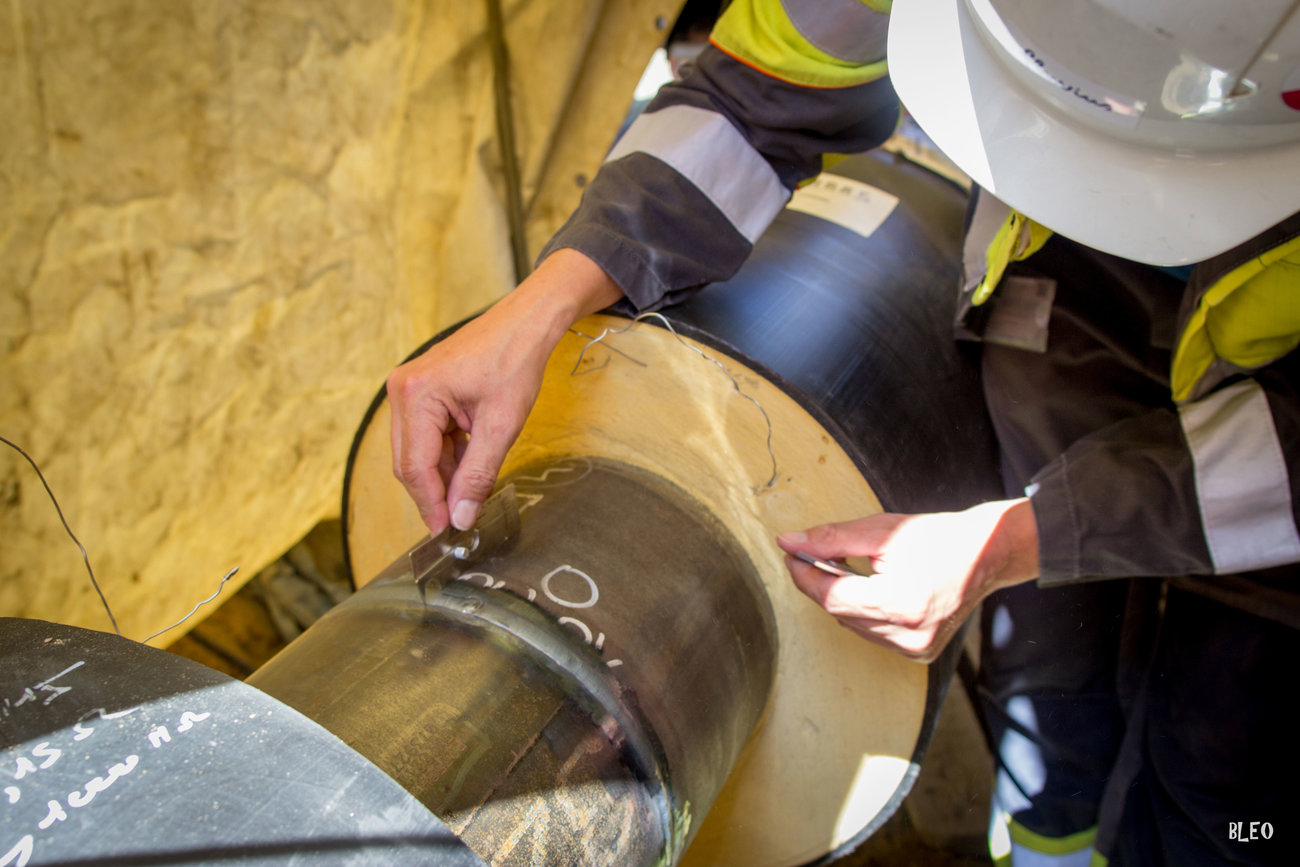
Data networks of the future: fibre optics
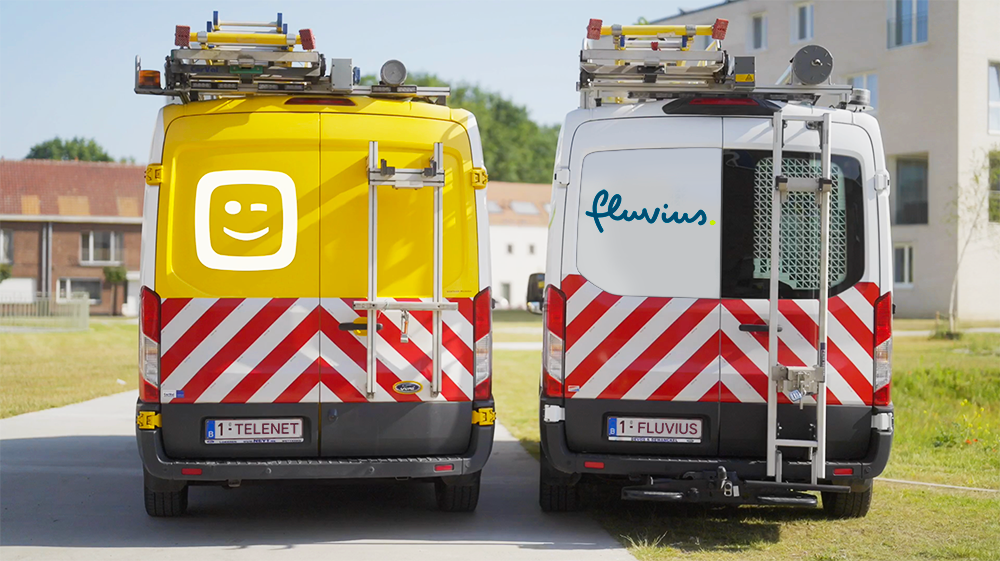
As previously announced, the two companies are jointly establishing a new, independent and self-financing infrastructure company (working name 'NetCo'). In it, Telenet has a 66.8% stake and Fluvius 33.2%. In doing so, NetCo will make the choice: invest
- in the gradual evolution of the current hybrid fibre-coaxial (HFC) network infrastructure towards a Fibre-to-the-Home (FttH) network or
- in the upgrade of the existing HFC network. The ambition here is to provide 78% of Flanders with fibre by 2038, possibly in cooperation with external partners. This will allow everyone in Flanders to continue to enjoy the fastest possible and most reliable internet connection.
The investment of an estimated maximum of EUR 2.0 billion is mainly funded by NetCo's cash flows and therefore does not require increasing external funding. Perhaps the new company could start operations in summer 2023. The plan is for Telenet to contribute its service area in parts of Brussels and Wallonia to NetCo. Thus, these will also be part of NetCo's investments.
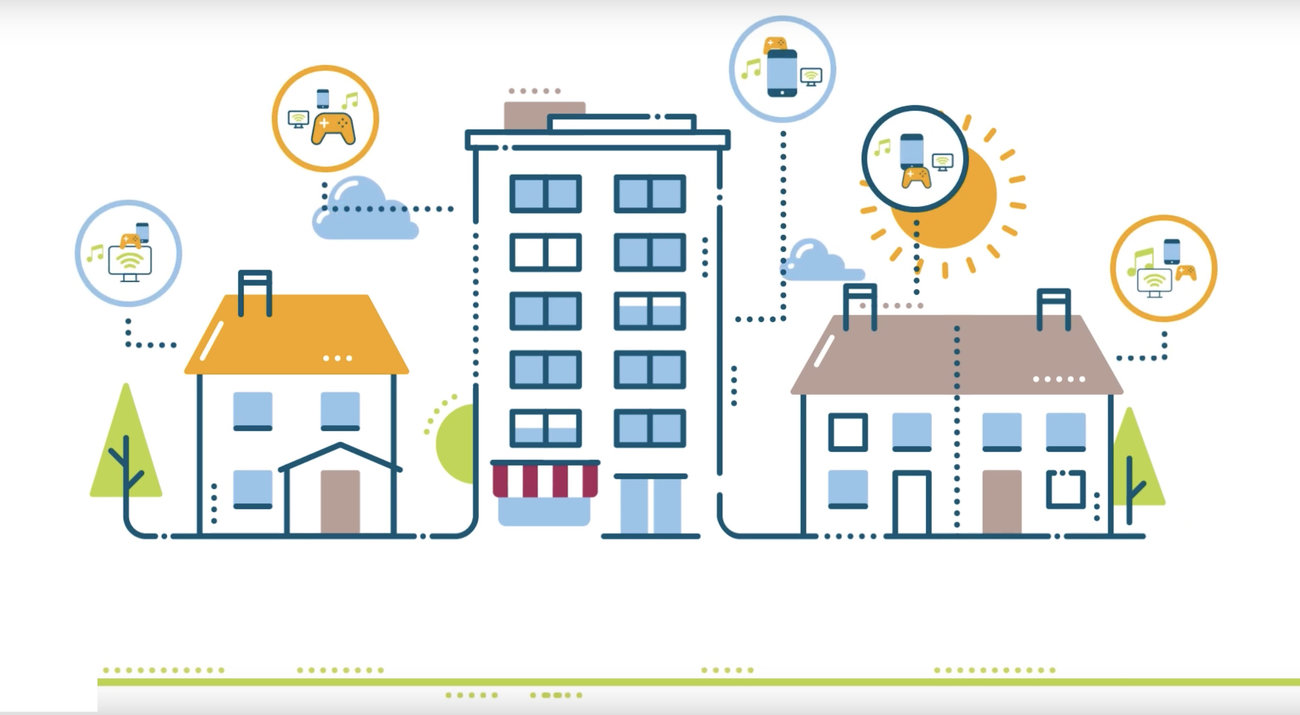
Water management: largest sewer network operator in Flanders
We want to play a strategic role in Flemish water management. By joining forces with the municipalities, wastewater can be treated even better.
Investment in the sewerage network
We want to increase our sewerage budget by more than half over the next decade. We will increase the current average budget of EUR 80 million to EUR 130 million from 2024, and certainly until 2033. That should give us the necessary clout to achieve our ambitious goals. We link those pennies to a clear roadmap that lists the most important steps. In addition, Fluvius set up a new department within our Network Operations Department to realise all necessary investments and operational tasks.
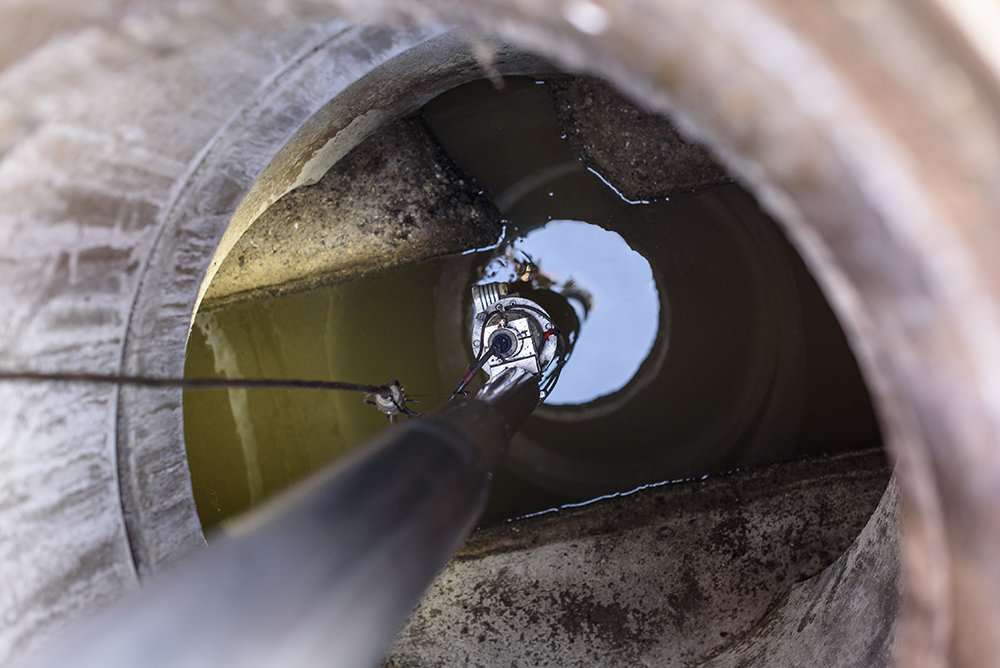
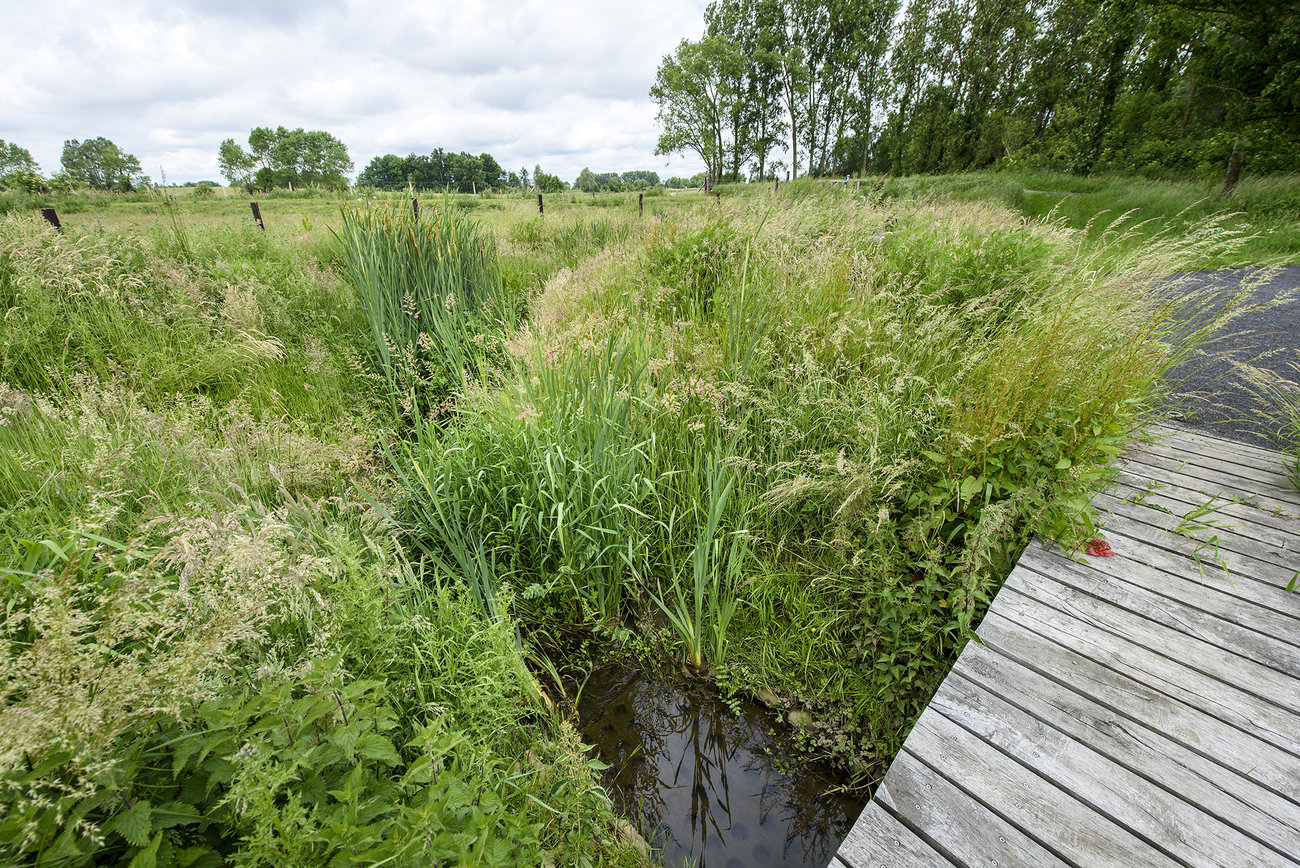
Blue Deal
In Flanders, we alternate between water shortages and flooding. It is both too wet and too dry. Our nature is highly fragmented, which also puts pressure on ecosystems.
The Flemish Government launched the Blue Deal in 2020 to tackle these problems in a structured way. This is the collective name for a large number of projects and initiatives that focus on, among other things, softening, re-wetting, circular water use, cooling, and greening.
